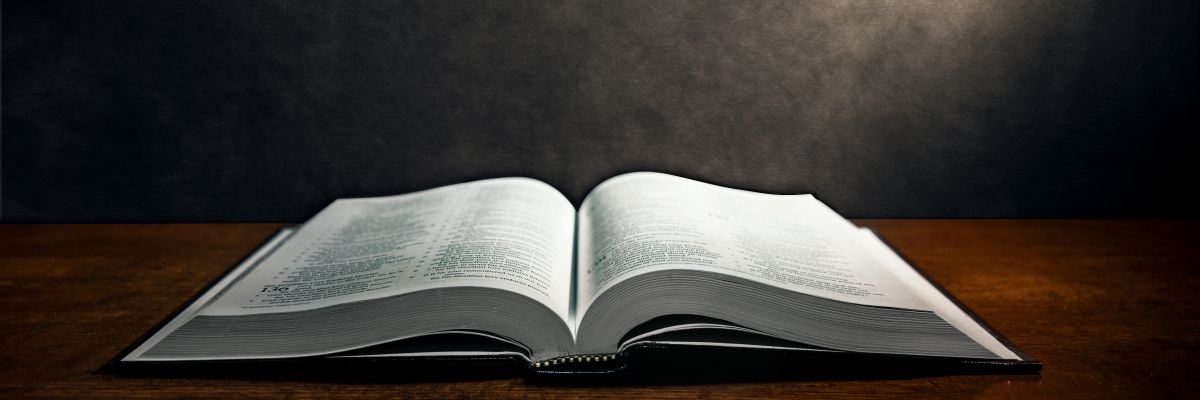
Question:
Answer:
The Baptist fellow is wrong and misled the audience. The Muratorian Fragment (so-called because it represents only a portion of the actual second-century document discovered in 1740 by Lodovico Antonio Muratori), is the oldest extant listing of New Testament-era books revered by early Christians. It was written sometime between 155 and 200. Patristic scholars believe the unknown author originally wrote the list in Greek (since the Latin is very poor), but the oldest copy available is an eighth-century Latin manuscript.
Although the Muratorian Fragment is important in studying how the early Church developed the New Testament canon, it doesn’t give exactly the same list of books that was later adopted as canonical at the councils of Hippo and Carthage. The Muratorian Fragment is just that: a fragment of a larger list of books which were considered canonical or quasi-canonical during the second century.
The Fragment itself provides us with a good though incomplete idea of this early canon. Virtually the entire New Testament canon as we know it is represented but not all of it: the Gospels of Luke and John (preceded by what seems to be an allusion to the Gospels of Matthew and Mark), Acts, 1 & 2 Corinthians, Galatians, Romans, Ephesians, Philippians, Colossians, 1 & 2 Thessalonians, Philemon, Titus, 1 & 2 Timothy, Jude, two letters of John (since the fragment simply says “the two ascribed to John,” we don’t know which two of his three letters are meant), and Revelation.
The unknown author adds other non-canonical books to this lineup but makes clear these were not considered part of the canon: the so-called Pauline Epistles to the Laodiceans and to the Alexandrians (about which the Fragment’s author expresses his conviction that they were not authored by Paul), the Apocalypse of Peter, and the Shepherd of Hermas). The Fragment’s list is cut short abruptly with a final, enigmatic phrase which may indicate that the author had gone on to include still other non-inspired writings: “Those also who wrote the new book of psalms for Marcion, together with Basilides, the founder of the Asian Cataphrygians.”
As you can see, although the Muratorian Fragment lists most of the New Testament books, it’s missing a few (e.g. James, one of John’s epistles, most likely 3 John), and it also adds the book of Wisdom as canonical, which is very interesting from a Catholic perspective.
These facts demonstrate that, although the Fragment came close, it did not represent the actual canon of inspired Scripture. Further, there is no internal evidence in the document that it sought to represent any kind of official canon that was regarded by the Church as binding.
In the first four centuries of the Church many books, such as the seven letters of Ignatius, the Letter of Clement [the fourth pope] to the Corinthians, the Didache, and The Shepherd were revered by many Christians as inspired but were later shown to be non-inspired.
It was not until the Synod of Rome under Pope Damasus in A.D. 382, followed by the Councils of Hippo and Carthage, that the Catholic Church defined, albeit non-infallibly, which books made it into the New Testament and which didn’t. Probably the council fathers studied the (complete) Muratorian Fragment and other documents, including, of course, the books in question themselves, but it was not until these Councils that the Church officially settled the issue.
The plain fact of the matter is that the canon of the Bible was not settled in the first years of the Church. It was settled only after repeated (and perhaps heated) discussions, and the final listing was determined by the pope and Catholic bishops. This is an inescapable fact, no matter how many people wish to escape from it.


